Drake Defends Bobbi Althoff Interview, Calls WWE’s Rhea Ripley His “Muse”
<!doctype html>
Drake Fires Back at Hip‑Hop Journalists, Names Rhea Ripley His “Muse” in Bobbi Althoff Reunion

Drake has largely shifted away from traditional press interviews, choosing instead conversations with podcasters, streamers and digital creators — a move that’s frustrated some veteran hip‑hop reporters. In a recent reunion with Bobbi Althoff on her relaunched podcast Not This Again, Drake defended those choices and pushed back at critics who called his earlier sit‑down with Althoff a breach of hip‑hop journalistic standards.
Why Drake chose alternative platforms
Reflecting on the viral 2023 interview that sparked debate, Drake said the exchange with Althoff represented a different kind of conversation. He described the sit‑down as an instance of recognizing an interesting voice and choosing to engage with it — even if that meant upsetting members of the traditional press.
“What we did, it changed a lot of things for a lot of people… I fully believed in [her], and I wanted to have an interesting conversation with.”
Drake went so far as to call out “storied journalists” who he says felt entitled to his time and criticized the idea that interviews must live inside established media channels. He argued his decision helped normalize artists appearing on newer platforms and encouraged other performers to experiment with nontraditional interview formats.
Calling out critics
Drake talks about why he doesn’t do interviews with traditional hip hop media.
They’re going to spiral so much over this clip bruh 😅 pic.twitter.com/Yo7QcQVoCX
— Karabo🦉 (@_kaysway_) September 2, 2025
Veteran reporters such as Elliott Wilson and commentators like Jemele Hill publicly criticized the original Althoff interview, saying it was unmoored from hip‑hop culture and symptomatic of the erosion of long‑form hip‑hop journalism. Drake, however, was unapologetic. He said critics were upset that someone outside the traditional media ecosystem could have a cultural moment with him.
Rhea Ripley: the unexpected muse
Drake on Rhea Ripley:
“My FYP page is just all Rhea Ripley. She’s a wrestler, she’s like my muse but she’s…I’m the opposite of everything that she, likes.”
— Wrestle Ops (@WrestleOps) September 2, 2025
The interview took an offbeat turn when Drake revealed his social feed had been dominated by WWE star Rhea Ripley. He called Ripley “like my muse,” then joked that he’s probably the opposite of everything she’d prefer.
Rhea Ripley — an Australian wrestler and two‑time Women’s World Champion known for her goth‑influenced ring persona — married AEW’s Buddy Matthews in 2024. Ripley’s long title reign and striking image make her an unlikely, but headline‑grabbing, subject in Drake’s conversation.
Humor, trolling, or both?
Drake’s remarks about Ripley prompted a playful tangent about his “dream girl,” which he described in teasing terms as a “goth baddie” who’s funny and confident. The line between earnestness and trolling is a familiar one for Drake; his interview with Althoff blends deadpan humor with candid moments that keep listeners guessing.
What this means for media and culture
Whether you agree with Drake or his critics, the exchange underscores a larger shift in how artists control their narratives. As traditional outlets adapt, creators and podcasters gain new leverage to shape cultural conversations. Drake’s embrace of that change — and his refusal to placate established gatekeepers — is the story his recent interview sought to tell.
Share this content:

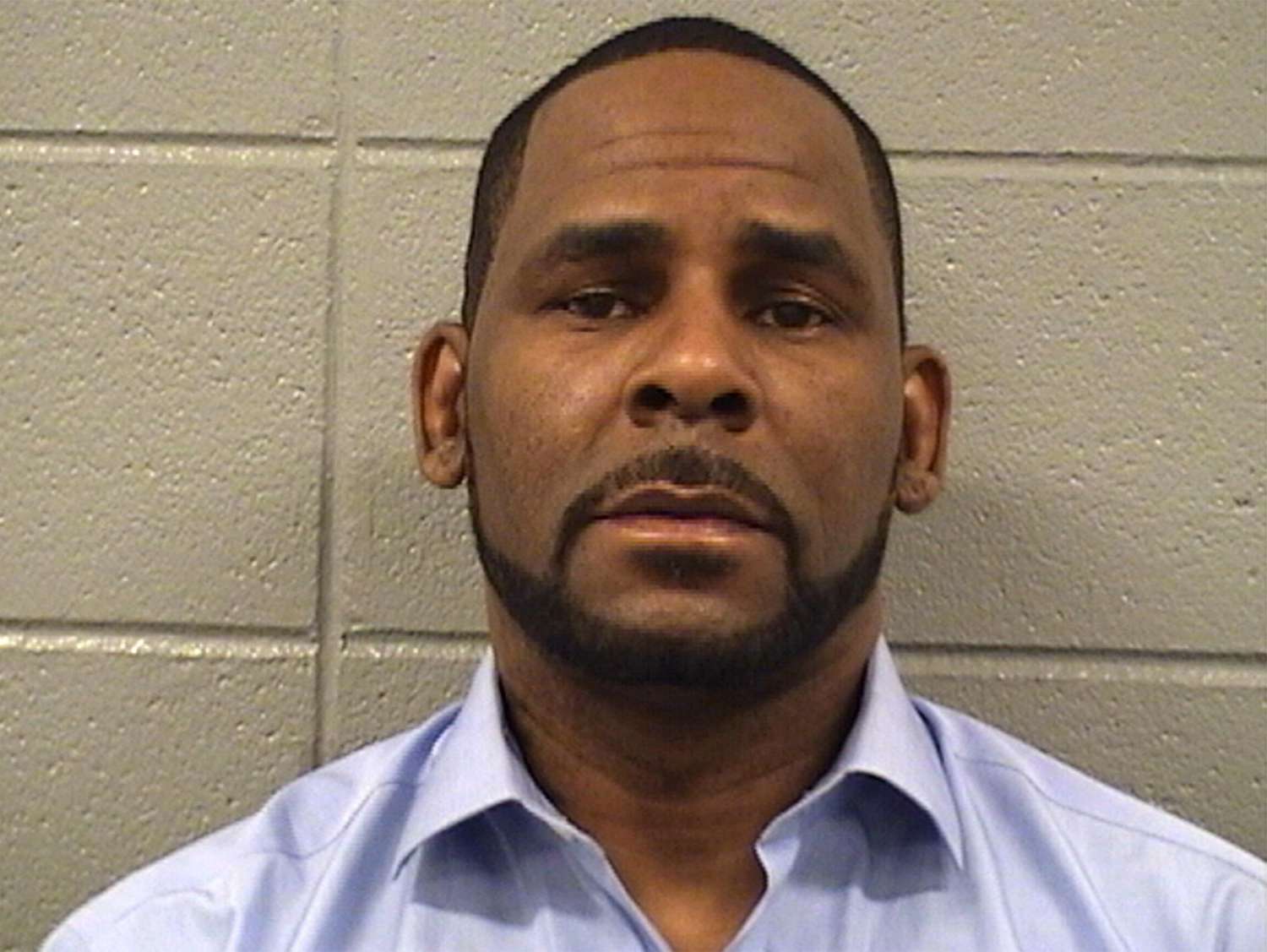
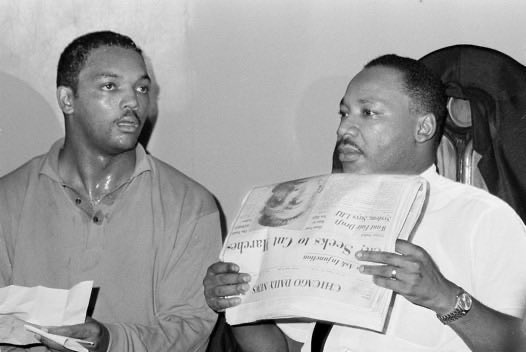
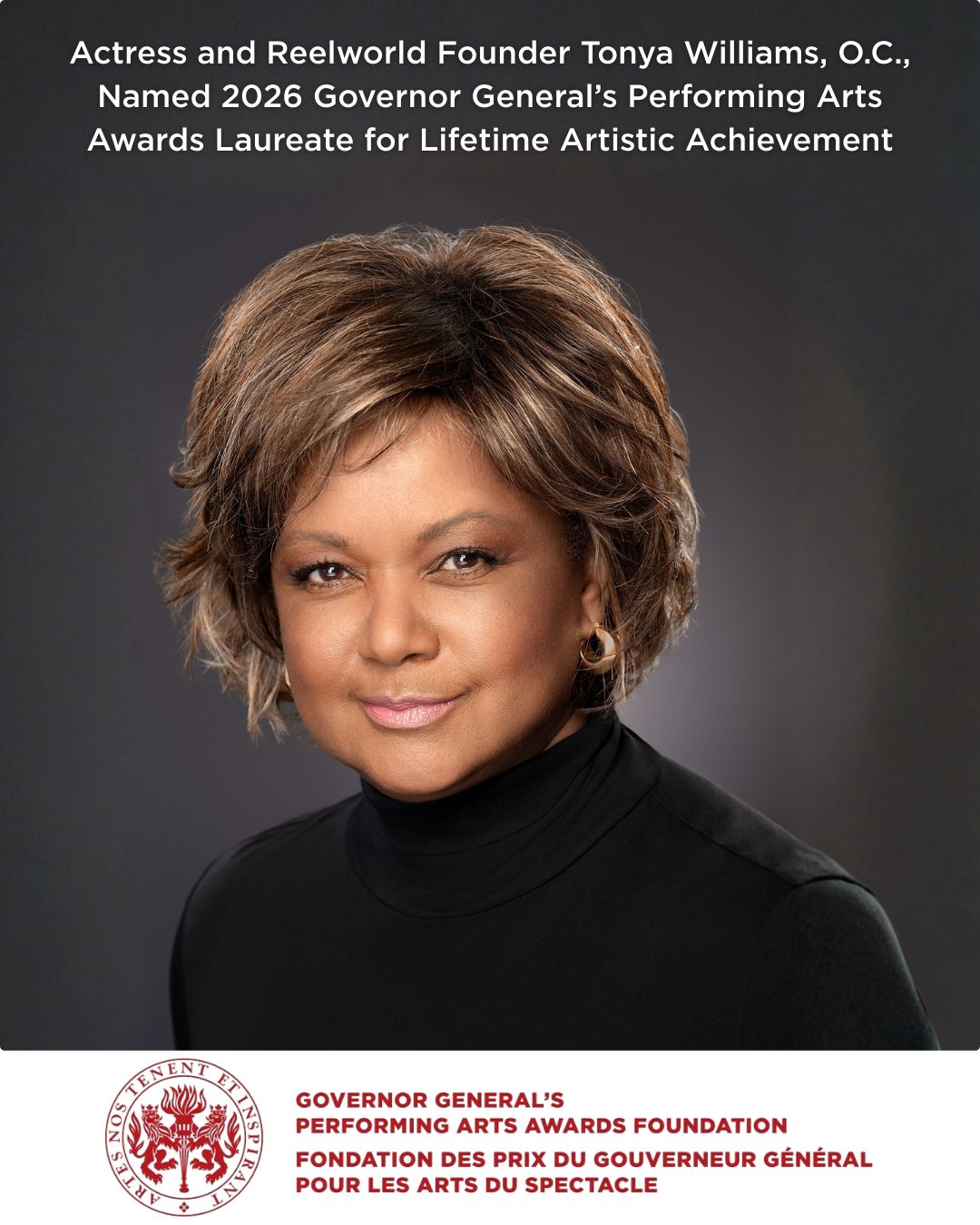
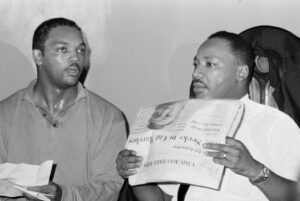
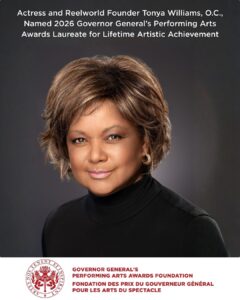
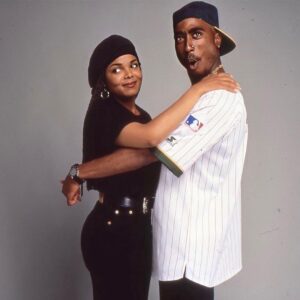
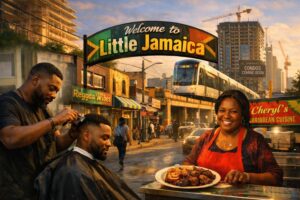
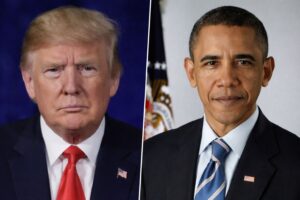




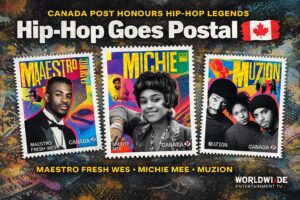
Post Comment